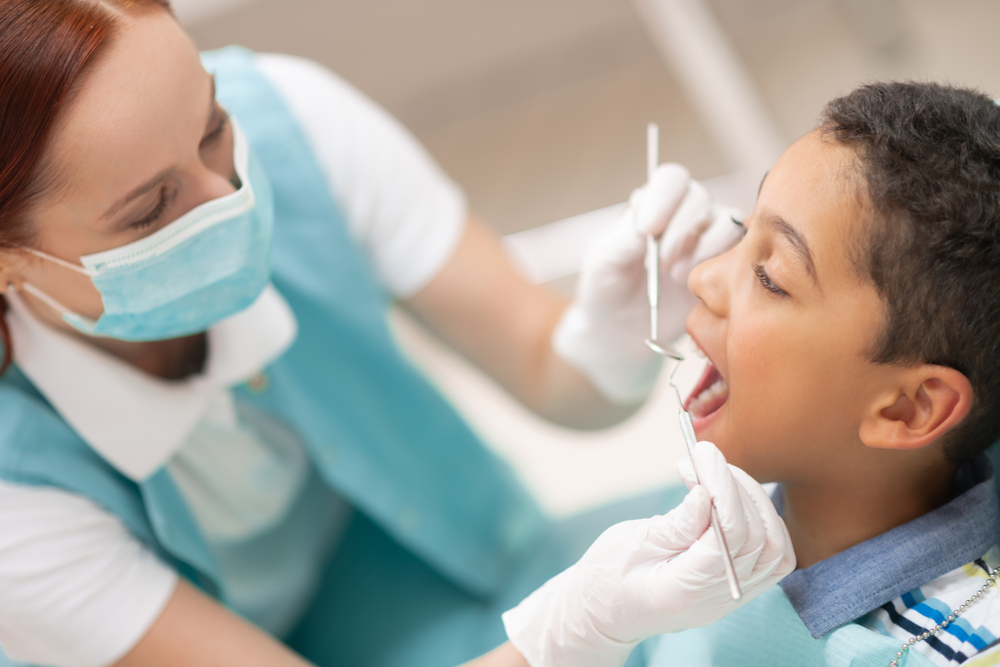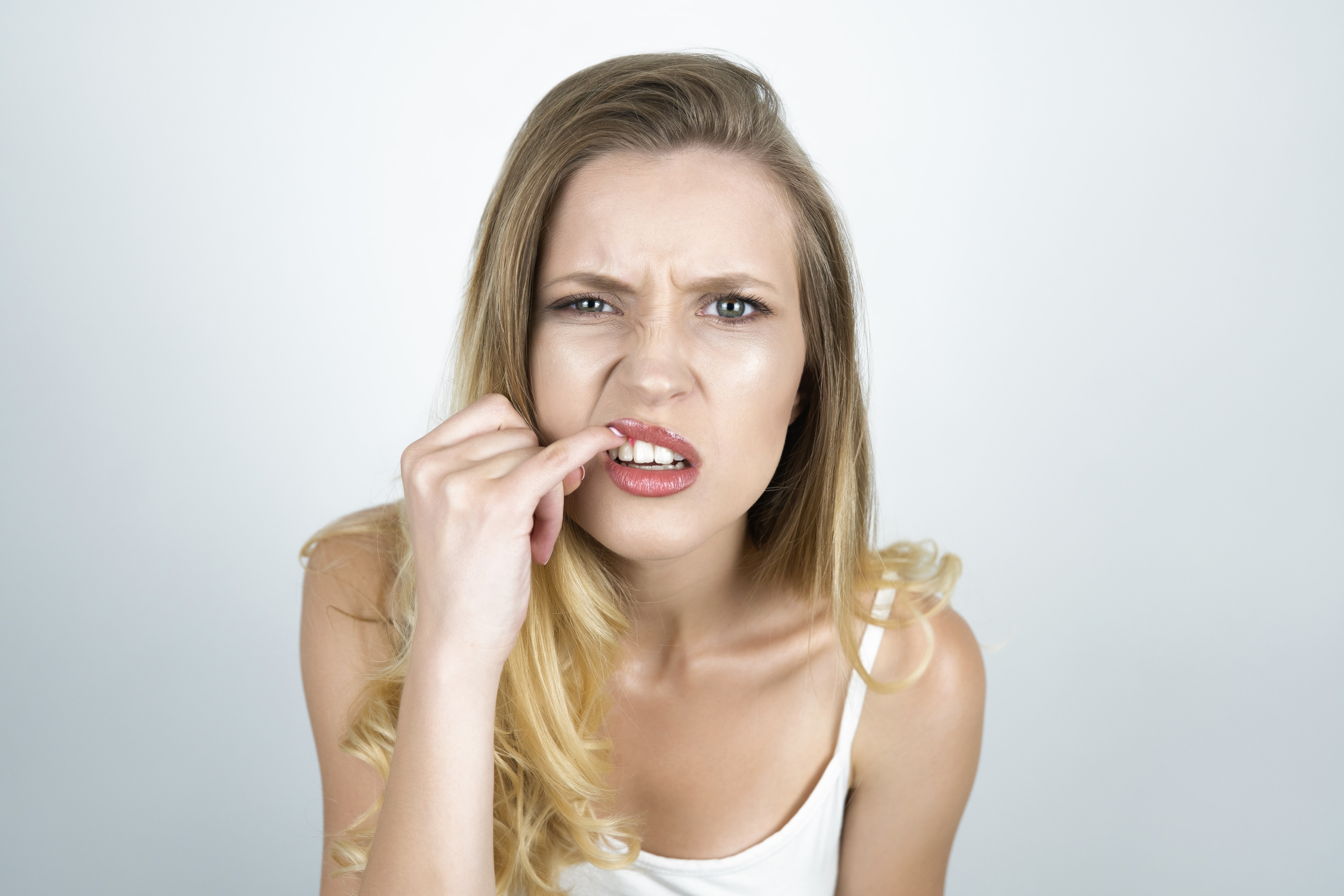How Does A Dentist Treat Cavities Between Molars?
Have you ever wondered how your dentist treats a cavity between molars? Detecting a cavity between molars is hard enough let alone treating them. Let’s take a look at how this is done in the article below.
A cavity between two teeth – whether between two molars or other teeth – is known as an interproximal cavity. If you have ever had a cavity, the chances are you have had an interproximal cavity.
Interproximal cavities form just like any other because of the wearing away of the enamel on one or more teeth. This will let the bacteria stick to the teeth and cause the cavity.
The only issue with cavities between molars is they are hard to prevent and cannot be easily detected. Good oral hygiene is essential to prevent such cavities. Let’s now take a look at the following in more detail:
- Why are cavities between molars harder to prevent?
- What are the symptoms of cavities between molars?
- What should you do if you have a cavity between molars?
- How does a dentist treat a cavity between molars?
Why Are Cavities Between Molars Harder To Prevent?
Cavities between molars or interproximal cavities can form even if you brush your teeth twice a day. No amount of brushing can effectively clean away the bacteria and plaque that can amass between two molars.
When you neglect regular flossing habits, plaque buildup can result in sneaky cavities between two molars. Even if you brush twice a day regularly, cavities can form between molars unless you floss between the teeth daily.
The cracks and crevices between two molars can easily amass plaque and bacteria that results in cavities over time. Regular flossing will clean these areas and prevent sneaky cavities from forming between molars.
What Are The Symptoms Of Cavities Between Molars?
Interproximal cavities or cavities between molars exhibit a few common symptoms. The symptoms can occur only after the cavity has reached the dentin or the second layer of tissue behind the enamel of the tooth.
You may experience tooth sensitivity to hot/cold foods and beverages and sweets. You may also have trouble chewing food because of pain or discomfort in the region. These are some of the most common symptoms of cavities between molars.
What Should You Do If You Have A Cavity Between Molars?
A cavity between two molars is usually diagnosed through bitewing x-rays performed by a qualified dentist. When detected at an early stage, interproximal cavities can be recalcified with fluoride gel – only if the cavity has reached halfway into the enamel of the tooth.
If the interproximal cavity is much deeper than that, your dentist may choose to fill the affected tooth. When a cavity between two molars goes undetected for too long, it can become quite severe over time.
There are many other treatment methods to deal with severe cavities between two molars.
How Does A Dentist Treat A Cavity Between Molars?
When the interproximal cavity is detected at an early stage, your dentist may fill it like any other cavity. A dental filling will prevent the bacteria from further infecting the inside of the molar.
Your dentist will first numb the area and use a dental instrument to remove the decayed part of the tooth. Once the entire decayed area of the tooth is removed, the cavity is cleaned to create space for filling.
A tooth-coloured filling will be used to give the teeth a more natural look. When the decay is severe, your dentist will use a dental crown or a root canal to repair the tooth.
If you need to visit a dentist for cavity treatment or any type of dental procedure, then look no further than Gardens Dental.
Gardens Dental offers a full array of dental services in Taylors Lakes and Caroline Springs to help you and your family maintain healthy teeth.
To learn more about our services or make an appointment, please contact us today on (03) 9449 2626 or through our website.



